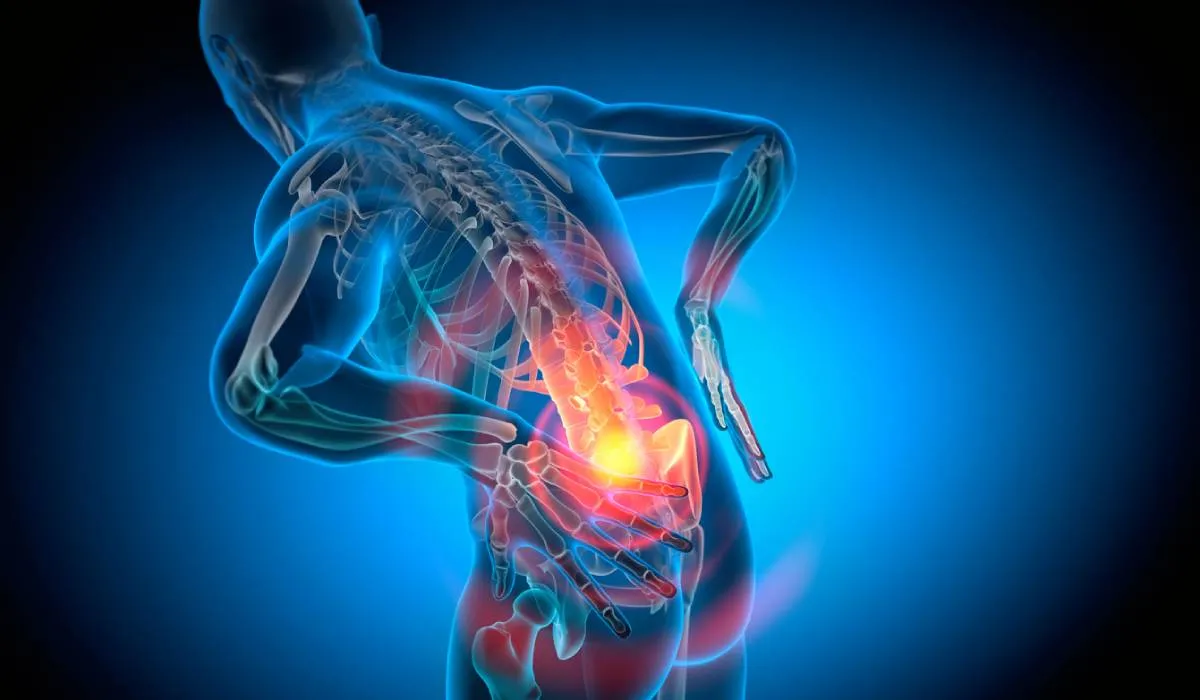



What is Spinal Cord Compression? | Yashar Neurosurgery
When a tumor grows to the point that it begins to take up a significant amount of space in the body, it can begin to push the organs and other elements of the body around. Spinal cord compression has the potential to impact one’s health in supremely negative ways, not least in that it can cause severe pain.





Spinal cord compression is a type of spinal injury that occurs when the spine faces undue pressure from the presence of a tumor. When a tumor grows to the point that it begins to take up a significant amount of space in the body, it can begin to push the organs and other elements of the body around. Spinal cord compression has the potential to impact one’s health in supremely negative ways, not least in that it can cause severe pain.
Taking note of the signs and symptoms to fully understand what spinal cord compression is can help you stay on top of treating it with the assistance of a spine surgeon.
Elements of the Spinal Cord
The spinal cord is an integral part of the central nervous system. It stretches from the base of the brain stem down the back to its termination point in the lumbar spine. The spinal cord is essential for transmitting information throughout the body via the nervous system. The spinal cord is protected by bones called vertebrae, which encase the nerves of the spinal cord. These vertebrae make up the spinal column, which also includes spinal fluid, fat, and tissue. Different areas of the spinal cord transmit messages to the various parts of the body.
The section of the spinal cord and which body parts it relates to can be laid out as such:
- Upper: Arms, neck, and shoulders
- Middle: Upper chest and abdomen
- Lower: Legs, bowels, bladder, and sexual organs
How Does Spinal Cord Compression Develop?
Spinal cord compression occurs when there is excessive pressure on one’s spinal cord. When this occurs, the nerves in the spinal cord swell, which delays and inhibits the blood supplied to them. This insufficient blood supply ultimately contributes to the nerves ceasing to function in their usual manner. One of the primary causes of this phenomenon is cancerous tumors, including cancer that has its origin in the spinal cord itself. In addition, cancer that originates in other parts of the body can spread into the spinal bones as well. This condition is relatively rare and only develops in about 3 to 5% of individuals who have cancer.
Some of the elements that can exacerbate risk include:
- If the cancer started in the spine
- If the cancer has already spread to the patient’s bones
- If the cancer originated in the breasts, lungs, prostate, or plasma cells
Symptoms and Signals
There are many different symptoms of spinal cord compression, each of which varies significantly from patient to patient. Pain is the most common symptom, affecting the large majority of those who develop spinal cord compression.
This pain can express itself in many ways, including:
- Feeling a tightness around your middle section
- Pain that gets progressively worse over time
- Pain that does not go away over time
- Debilitating pain
- Pain that keeps you awake at night
- Pain that is made worse by lying flat on your back or by standing or moving around
- Pain that originates in your back, neck, or spine
Many other symptoms can follow spinal cord compression. These symptoms include the following:
- Difficulty moving or walking
- Weakness in your extremities
- Changes to the sensations in your body
- Pins and needles and numbness
- Difficulty controlling your bladder or bowels
- Erectile dysfunction
If you start to experience the symptoms of spinal cord compression, you should have your condition observed immediately.
Tests to Take
There are several tests that you can take to determine whether or not you are experiencing spinal cord compression. One of the preliminary tests usually undergone is an MRI scan. In addition, medical professionals may order a CT scan within 24 hours of initial observation if your doctor suspects that you have spinal cord compression. If your spinal cord compression is caused by cancer, then your physician may take a sample of the cancer to determine the type of cancer you are experiencing. This type of test is called a biopsy.
Knowing the exact type of cancer that you are facing can help both you and your physician determine the best path forward for treatment. A cancer diagnosis can be very emotionally taxing. If you find your spinal cord compression to be caused by cancer, you should discuss with your physician any resources that they are aware of in terms of mental health support following a diagnosis.
The Top Spinal Surgeon in LA
Dr. Yashar and his associates have the tools and expertise to operate on the spine with precision and safety. If you’re concerned that you might be experiencing some level of spinal cord compression, do not hesitate to contact us to schedule a spinal decompression appointment.





Get in touch today
Please complete and submit the form below and a member of our staff will contact you shortly.


